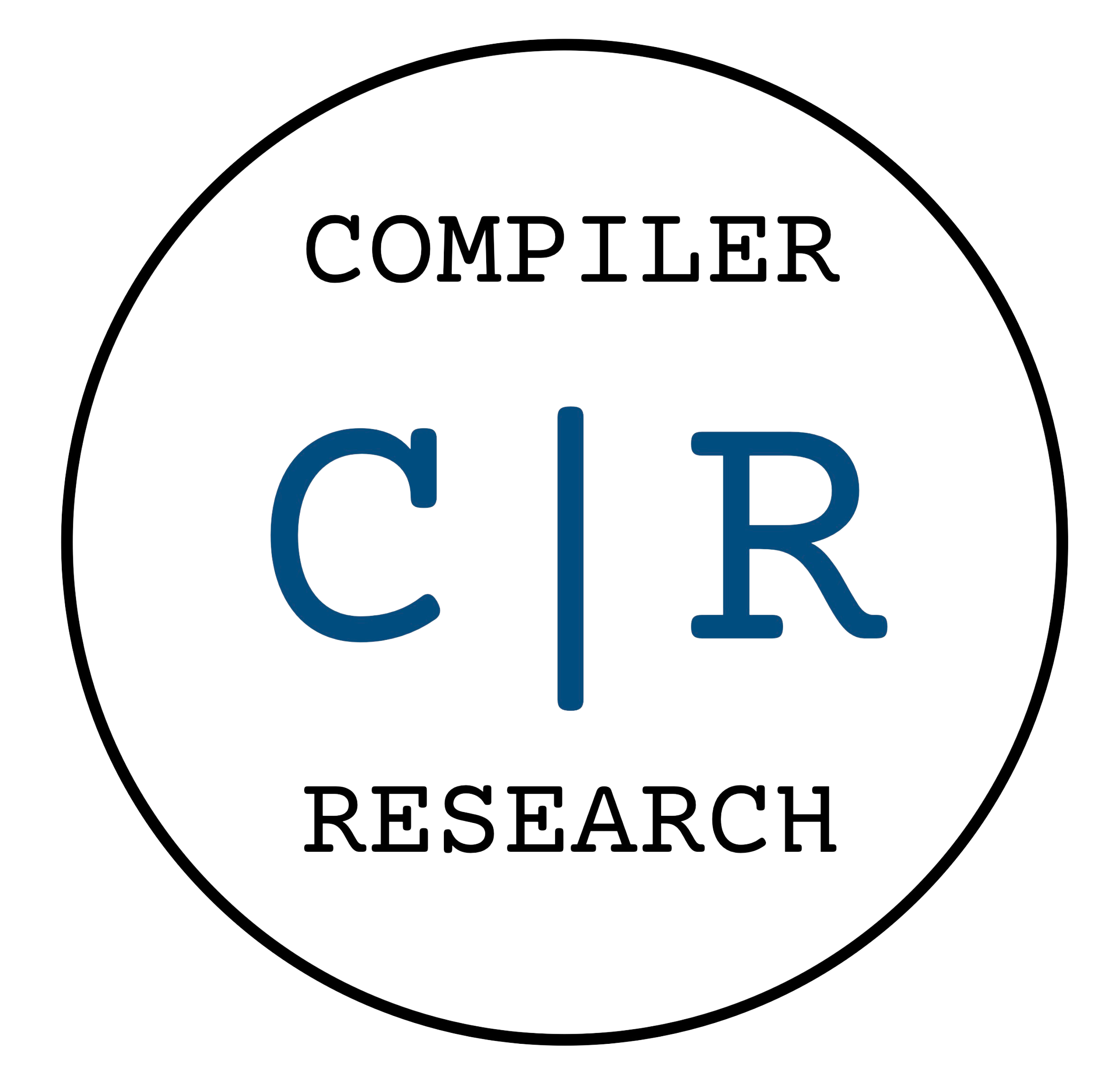Support for constexpr and consteval in Clad
Introduction
I am Mihail Mihov, a student during the 2024 Google Summer of Code. I will be working on the project “Add support for consteval and constexpr functions in clad”.
Mentors: Vaibhav Thakkar, Vassil Vassilev, Petro Zarytskyi
Briefly about Clad
In mathematics and computer algebra, automatic differentiation (AD) is a set of techniques to numerically evaluate the derivative of a function specified by a computer program. Automatic differentiation is an alternative technique to Symbolic differentiation and Numerical differentiation (the method of finite differences). Clad is based on Clang which provides the necessary facilities for code transformation. The AD library can differentiate non-trivial functions.
Personal Motivation
I have always liked mathematics and I also have some experience with compilers and find them very interesting, so when I found this project I knew that I would enjoy it. It combines many things that I like and I believe that doing something that I enjoy makes it much more likely that I will do well. C++ is also the first programming language that I learned so it will forever be more special to me.
Importance of this project
Not having support for constexpr or consteval functions could be a deal-breaker to many projects, as these keywords have been around for some time now and the number of projects that use them will only increase. Also working on this project will require investigating what can and can’t be compile-time evaluated and I think that we could learn something new about the already existing code-generation that can be improved.
Goals of the project
The main goal of this project is to support differentiating functions that are marked as constexpr and consteval and to possibly keep the same guarantees for the generated derivatives.
At the end of the project Clad should work on most constexpr and consteval functions from the C++ standard library and most other functions that a user could pass in.
Implementation Details and Plans
Implementing this project will be mainly split into doing it for forward and for reverse mode, as these are the two options that Clad has for differentiating a function. For each of these parts I will have to look into both constexpr and consteval as they do have some differences that need to be solved separately.
Implementing this project will need to start at clad’s CladFunction which is the function type that Clad generates and is what in the end should be compile-time evaluated if possible. The cases where keeping the constexpr properties might not be possible is when loops are involved and we would need to implement good diagnostics in such cases, to inform the user that the code may not be evaluated as they would expect.
Conclusion
This project should be very useful for Clad, by allowing a wider range of projects to use it. Along the way it’s possible that there will be interesting findings which can be used to further improve Clad.





